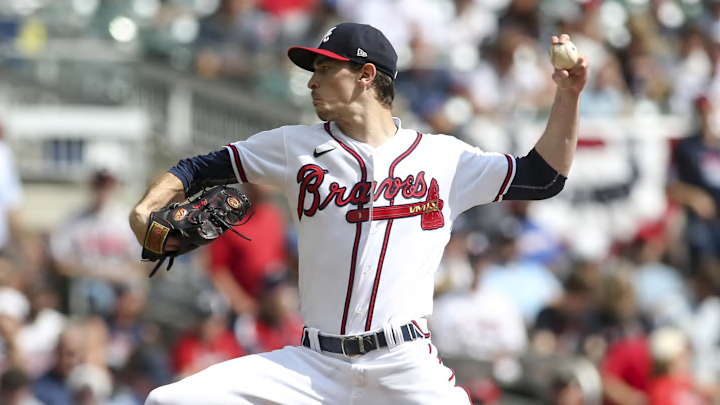
Different as Day and Night
In day arbitration, the panel knows the offers before the hearing and chooses one after the hearing ends. Day arbitration is used for hearing like the one held for Max Fried and the Atlanta Braves.
Fun fact, a team may offer a free agent arbitration, but they rarely accept since it’s always a one-year contract, and the player generally wants more than one year. When a team offers a free agent arbitration, the panel typically uses Night Arbitration.
Night arbitration differs in that the panel receives the offers before the hearing but doesn’t read them until they’ve made a final decision based on their research.
The panel’s researched the player and created a number they feel is correct for the player. After the hearing, they revisit their estimate, compare it to the offers, and choose the offer closest to their estimate,
Night arbitration only works for free-agent arbitration because we rarely know it’s happening.
Raise your hand if you knew that the Atlanta Braves offered Greg Maddux arbitration after the 2003 season and ended up paying Mad Dog $14.75Ml.
The Mysterious Arbiter
Before the season begins, the MLBPA and MLB Labore Relations select 16 professional arbitrators from a longer list previously agreed upon. According to Thomas Gordan’s 2005 post, the Individuals selected aren’t random guys from the local sports bar.
". . . arbitrators are lawyers and judges with extensive arbitration experience and arbitration certification from a professional guild like the (American Arbitration Association). . ."
Gorman found that once arbiters are selected, they tend to stay around, which makes sense as arbiters must understand the evidence placed before them and be able to make an informed decision.
"Baseball arbitration is considered a pretty good gig . . . Some observers cynically note that to keep the job you can’t side consistently with one side or the other, lest the other group nix you from the job in future seasons."
Arbiters know their job and are good at it. If they weren’t, either the union or MLB would strike the offending arbiter from the list.
